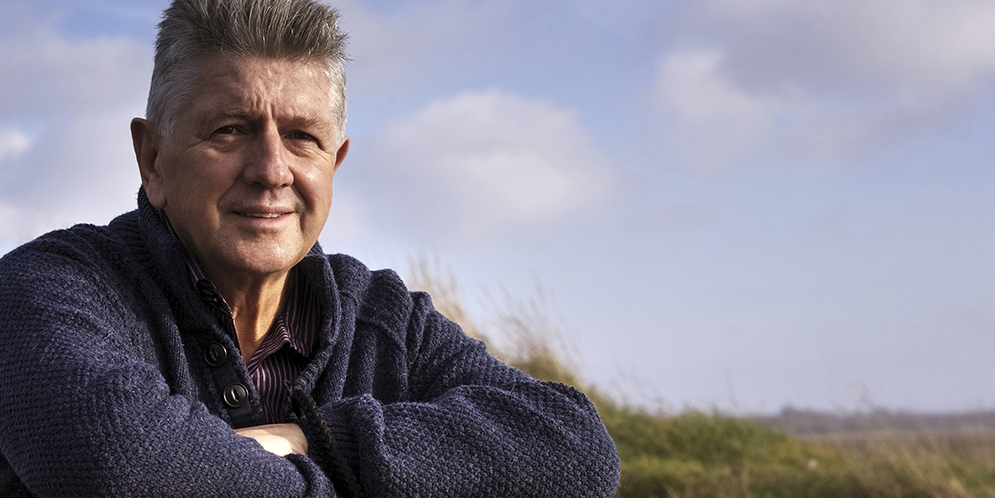Breast Cancer in Men: What You Need to Know

Breast cancer is often thought of as a disease that only impacts women, but it can also be diagnosed in men. While the number of men impacted is much lower than women – less than one percent of all occurrences – it is important to know the warning signs. As with any other form of cancer, early detection is crucial.
Risk Factors for Men
There are a few risk factors that men can keep in mind, including:
- Aging
- High levels of estrogen in the body due to heavy alcohol consumption, hormonal medicines, obesity, liver disease, Klinefelter syndrome, or exposure to estrogen in the environment
- Strong family history of breast cancer, especially in other male family relatives
- Exposure to radiation, especially at a young age
Being aware of your family’s medical history and any other health issues you may have that could increase your risk of breast cancer is one of the most important ways to be proactive about your health.
Breast Cancer Symptoms in Men
Many of the symptoms men experience with breast cancer are similar to those that women notice. Warning signs include:
- A new lump in the breast
- Breast Pain or Heaviness in the Breast
- Persistent changes to the breast , swelling , thickening
- Nipple abnormalities, erosion or inversion of nipple, or tenderness
- Spontaneous discharge from the nipple (especially if bloody)
- Sores, dimpling, or redness of the skin on the nipple and areola
- Swollen lymph nodes under the arm
“It’s important to know what your breasts look and feel like normally,” said Beth Turner, RN and administrative director of the Baptist Women’s Health Center. “This way you will be able to easily pickup on any changes.”
Should Men Get Screened?
Men should be aware of the symptoms and speak to their doctor immediately if they notice something abnormal. “The incidence of breast cancer in men is much less than women,” Turner said. “The risk for is about 1 in every 1,000 men as opposed to about 1 in every 8 women. Because of this, men don’t get screened.”
Because many men don’t expect breast cancer to happen to them, there is often a long period of time in between the appearance of symptoms and actual diagnosis of the disease. Remember that early detection saves lives; any symptoms you notice should be reported to your primary care doctor right away.
